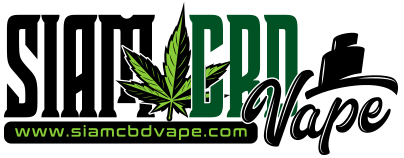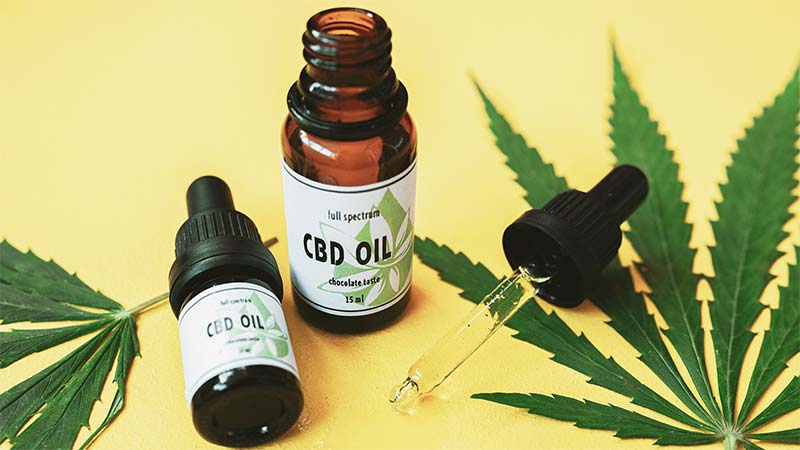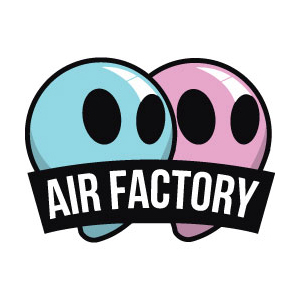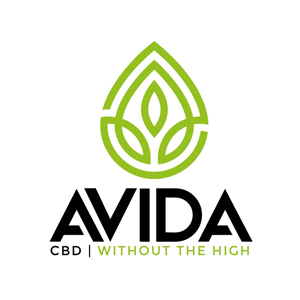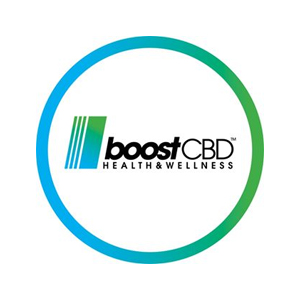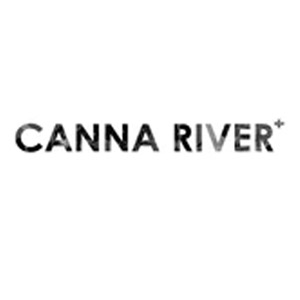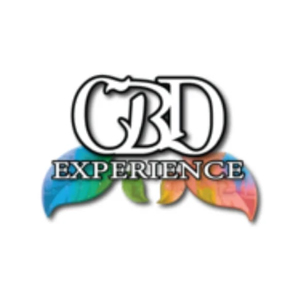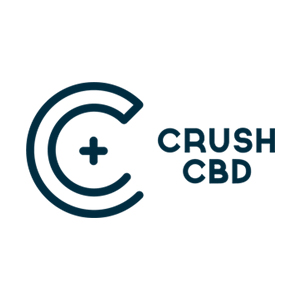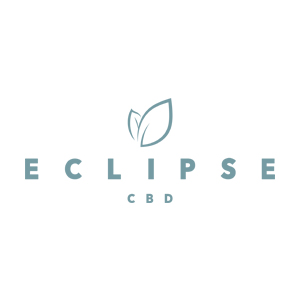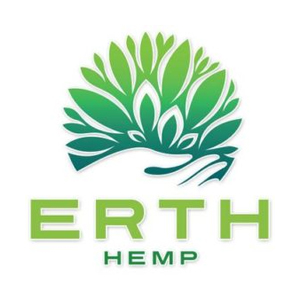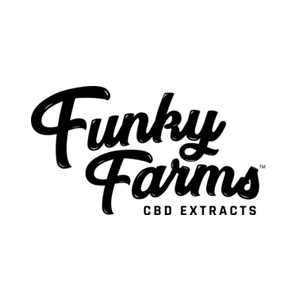No products in the cart.
How to Start a profitable CBD Business Leave a comment
How to Start a profitable CBD Business. The CBD industry’s potential has prompted many people to explore launching a CBD business. However, the industry is not without its challenges, especially surrounding the evolving legal landscape.
While still relatively new to the mainstream, cannabidiol, more commonly known as CBD, is becoming a household name. The purported therapeutic and health benefits of CBD — one of many compounds found in cannabis and hemp plants — have created a buzz. CBD oil has entered the marketplace in the form of tinctures, infused edibles, topicals and more.
How to Start a profitable CBD Business
How to start a CBD business
Starting a business based on CBD will entail the following actions:
- Narrow your CBD product offerings. What type of CBD product will you sell? You can sell more than one type of CBD product, but a clear understanding of your offerings will help you draft a business plan and execute a marketing plan.
- Research the CBD landscape. Monitor local and state legislative issues pertaining to CBD. Researching your target customers is also a good idea to inform your marketing efforts. For example, will you target athletes with muscle pain or pet owners who want to help calm their animals?
- Obtain all necessary permits and registration. If you need a special business license to sell CBD products in your state, obtain one before opening. This step is separate from registering your business’s legal structure (LLC, sole proprietorship, etc.), which you’ll also need to do for business tax purposes.
- Choose your external vendors. You may or may not make products in-house. But unless you’re growing everything, you’ll need a wholesale supplier for your CBD. You’ll also need a payment processor and other vendors a traditional business may need.
- Finalize your business plan. Just like any other new business, you must finalize the details. Determining your prices, confirming the logistics of shipping online products, and drafting an initial marketing strategy are essential steps before you can officially launch.
Why start a CBD business?
Countless unique opportunities are emerging for new CBD businesses. Starting any business requires hard work and effort; however, entrepreneurs starting CBD businesses also face the uncertainty of a shifting regulatory landscape. Still, in a fledgling industry projected to undergo explosive growth, today’s heavy lifting might be well worth the trouble tomorrow.
What is CBD?
CBD is one of more than 100 cannabinoids, or compounds found throughout cannabis and hemp plants. The most famous cannabinoid is undoubtedly tetrahydrocannabinol (THC), which is responsible for the intoxication associated with the consumption of cannabis. CBD, however, does not produce an intoxicating effect; instead, it offers potential therapeutic and health benefits, though research into its potential medical applications is ongoing.
CBD products are generally created in several steps:
- Harvest raw material. The raw material must be cultivated and harvested. For example, if you plan to use industrial hemp to create your CBD products, you’ll need to cultivate or purchase a large amount of the plant.
- Extract CBD oil. CBD oil is extracted from the plant using various methods. Again, you can do this yourself or outsource the process to an extraction company.
- Create the product. Once you’ve extracted the CBD oil, you can sell it as a concentrate or use it to infuse various products. Some of the most common CBD products include sublingual tinctures, infused edibles and topicals, like gels or creams.
Hemp CBD vs. cannabis CBD
CBD is found in both cannabis and hemp plants. CBD oil can be extracted from either plant and used to create products. However, there is a key difference between hemp CBD oil and CBD products derived from cannabis: THC.
- Hemp: Industrial hemp contains less than 0.3 percent THC. As such, it is considered legal under federal law to cultivate, harvest and process into finished products.
- Cannabis: Cannabis contains more than 0.3 percent THC (often much higher levels) and remains federally illegal.
Hemp and cannabis are closely related; in fact, industrial hemp is actually Cannabis sativa L. The difference in name is primarily a function of a legal definition setting the threshold for THC content. A hemp plant’s flowers contain little to no THC, whereas the flowers of a cannabis plant (commonly referred to as marijuana) contain much higher THC levels.
The federal government considers marijuana a Schedule I drug under the Controlled Substances Act, making it illegal for interstate commerce — even as dozens of states legalize it for adult use. In contrast, industrial hemp was recently removed from the Controlled Substances Act altogether, opening the way for its cultivation and harvest in the U.S. for the first time since 1937.
Legislation to move marijuana from a Schedule I to Schedule III classification has been introduced to Congress several times since 1972 but has yet to pass a vote.
Marketing and selling your CBD products
Marketing and selling CBD products is tricky. While the passage of the 2018 Farm Bill liberalized the industry a little (CVS and Walgreens now carry CBD products, for example), selling CBD products on major online platforms like Amazon or eBay is still challenging. Likewise, social media advertising is virtually nonexistent; paid ads for CBD products risk account suspensions or bans. All your growth must be driven through organic content that falls under the guidelines of each platform.
“In today’s day and age, if someone is looking to sell a product, the normal avenues are Amazon, eBay, Alibaba or paid ads on social media,” Slovik explained. “In this industry, it’s way, way, way different. You can’t do any of those things.”
To successfully advertise and sell your CBD products, you must be creative. Consider the following:
- Establishing your own e-commerce store or carrying your CBD products in a brick-and-mortar location is a must.
- Marketing your product with an organic search strategy and customer loyalty programs is always safer than engaging in paid advertising.
- Every market is different, so do your research and understand your local and state laws.
How to Start a profitable CBD Business
Good Luck 🙂
